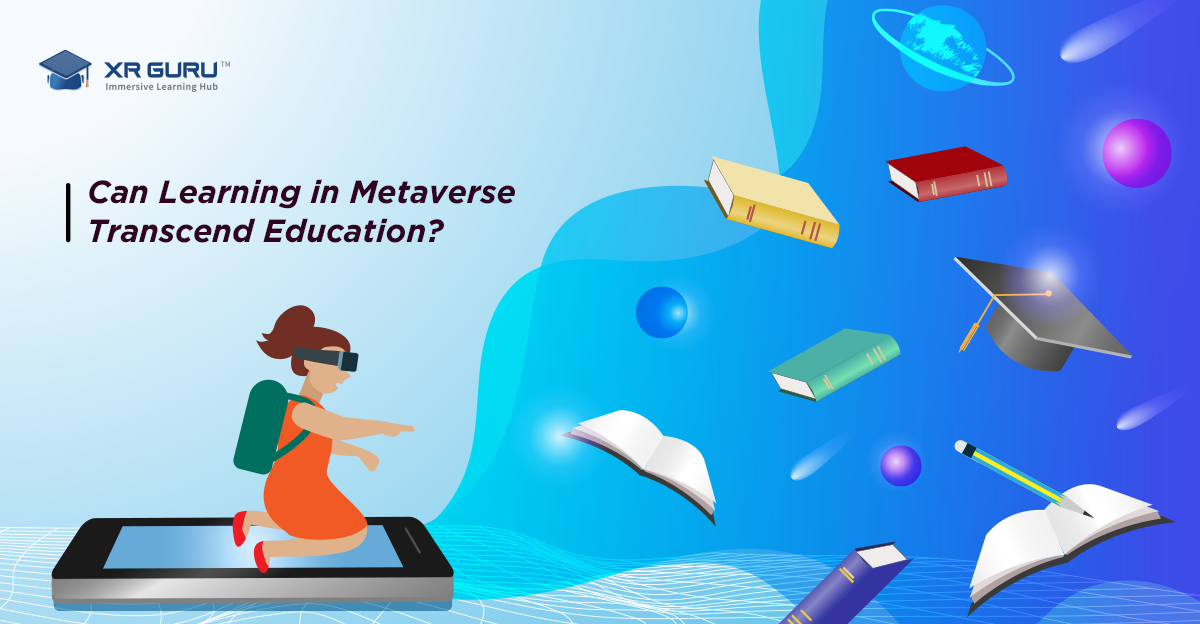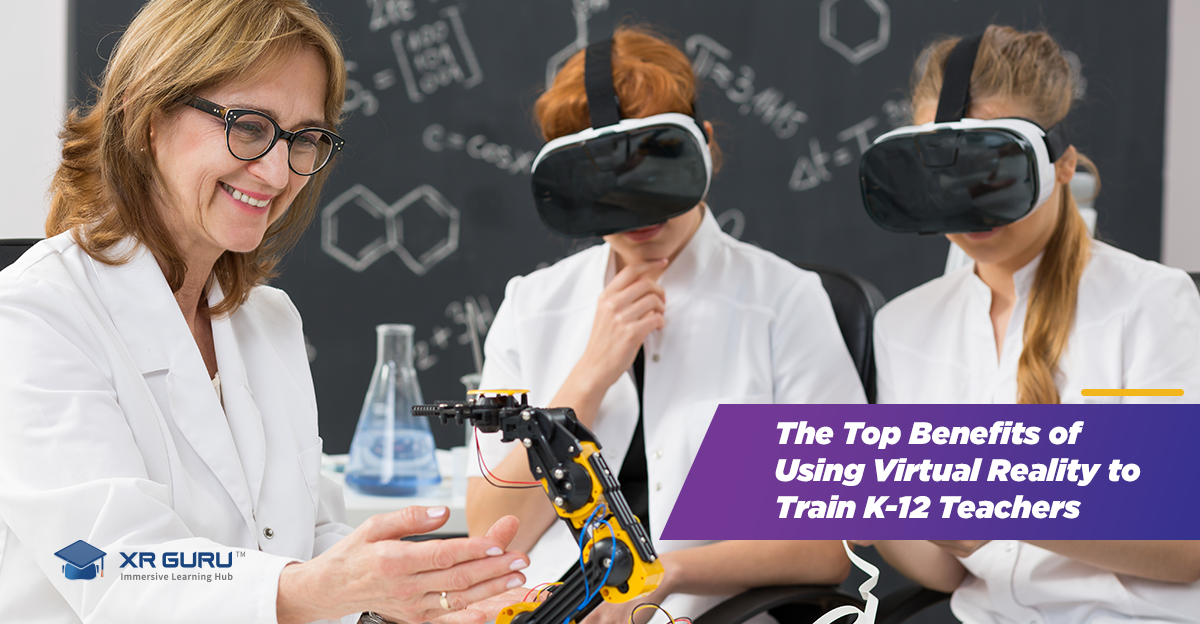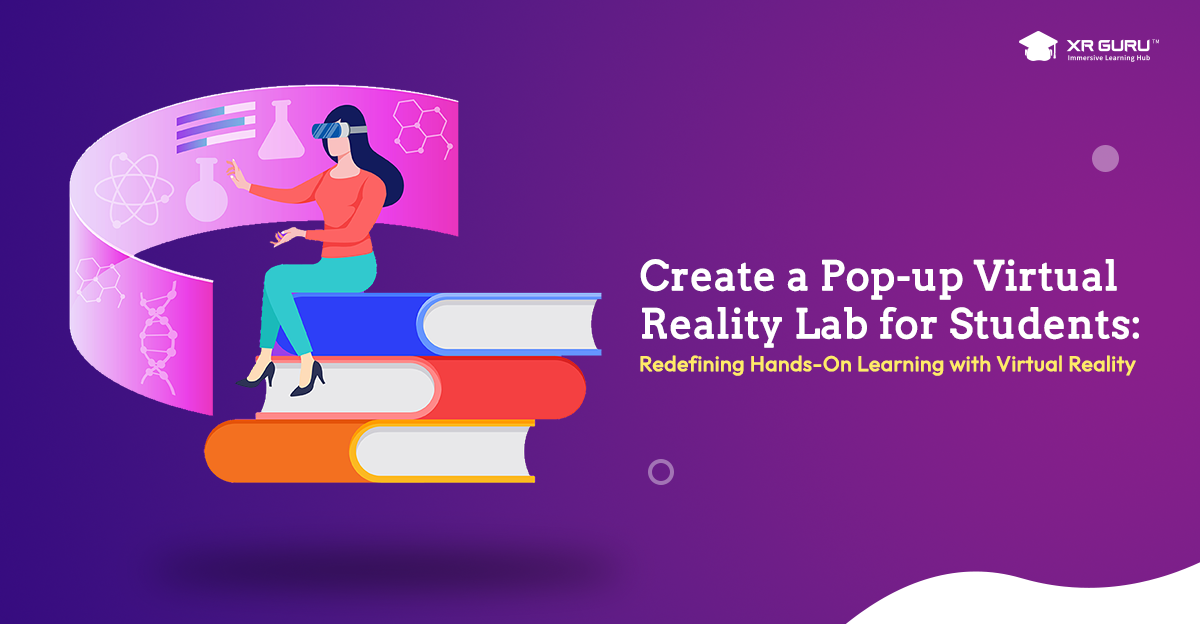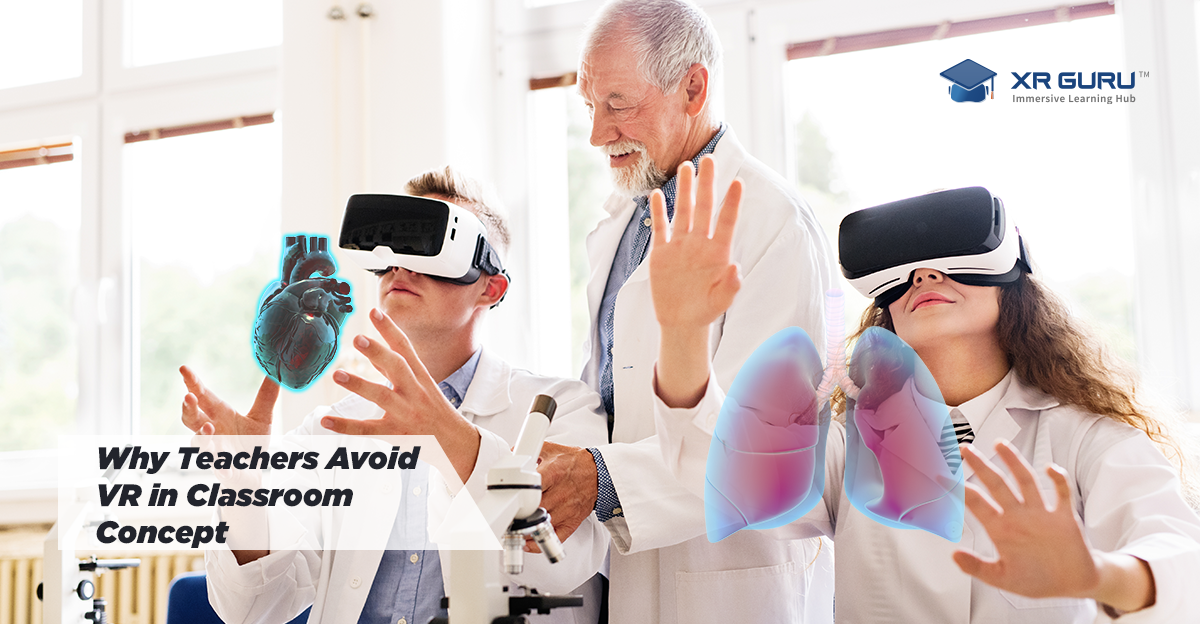Education in the Metaverse- Transform Learning Experiences with Immersive Technology

The metaverse is upon us, and it will not be long until it becomes indispensable in our day-to-day lives as YouTube, Twitter, Facebook (Meta), etc. Ever since Facebook rebranded itself as Meta, metaverse has become a trending topic, and there have been a considerable number of discussions around the metaverse. As technology steps into a new era bringing us incredible immersive worlds, educators must be ready to embrace these new technologies to improve the learning experience. What if your students could "visit" Mars and "explore" the red planet without having to step out of the classroom? Sounds like a dream. Welcome to education in the metaverse. The potential offered by adopting immersive technologies like AR, VR, MR is immense, and it can revolutionize the way we teach & learn. Want to know more about education in the metaverse? On February 28, 2022, XR Guru is conducting a webinar titled " Educate in the metaverse," discussing how education work...



